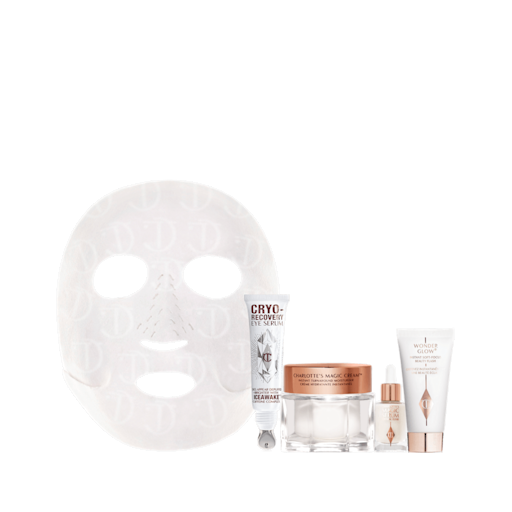The essence of movement
Considering the extensive benefits it provides, physical activity is also essential for mental wellbeing. It enhances our mood and reduces stress through the release of endorphins.
Regular exercise sharpens cognitive abilities, improves sleep, boosts self-esteem and serves as a natural support for mental health, promoting overall happiness and fulfilment. Additionally, exercise might improve various psychological, physiological, and immunological functions, thereby enhancing our body's resilience.
Movement extends beyond our conventional exercise routines; it encompasses activities that bring joy to our lives. Whether it's dancing, strolling in nature, practicing yoga, or engaging in sports, movement possesses the ability to uplift our spirits, alleviate stress, and enhance our overall mood.
Top tips to start moving for your mental health
The goal is to explore different forms of movement and the pleasure they bring, without feeling overwhelmed. Due to our largely sedentary lifestyles, we often need to consciously motivate ourselves and find activities that fit around our busy schedules. In case you’re finding this challenging too, here are three tips to help you get started.
1. Enjoy joyful movement: You don't need intense workouts like spin classes or 5k runs. Engage in enjoyable activities such as dancing, leisurely walks, or gardening—anything that naturally brings joy and fulfilment.
2. Prioritise and vary your exercise routine: Schedule specific times each week for physical activity to make it a priority. Incorporate exercise into daily tasks—take the stairs, park further from your destination, or do calf raises while doing chores. These small changes can significantly enhance your activity level.
3. Set realistic goals: Begin with achievable objectives, like accumulating 10,000 steps a day, or engaging in 30 minutes of movement two to three times a week. As your consistency and confidence grow, gradually increase the intensity of your activities.


































































































